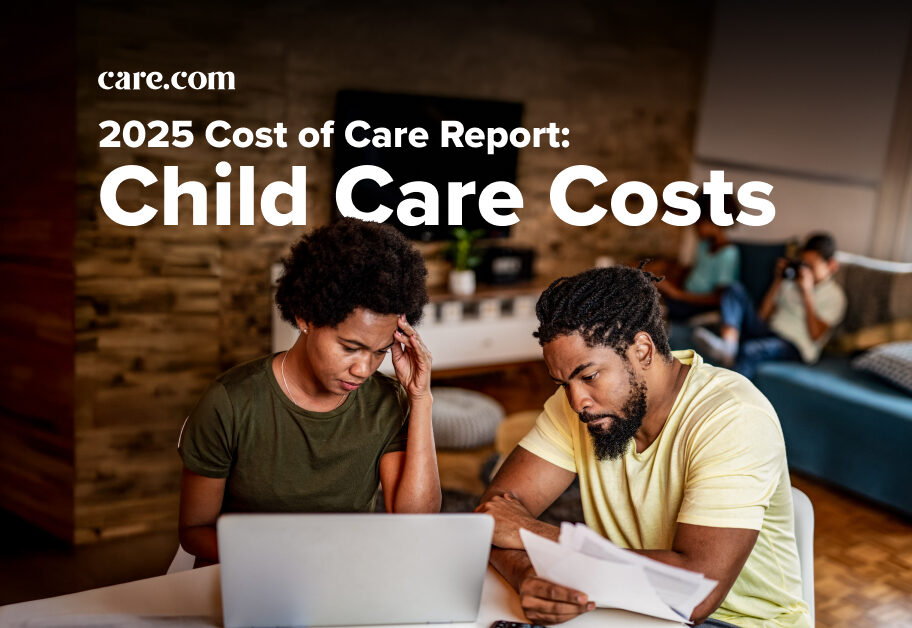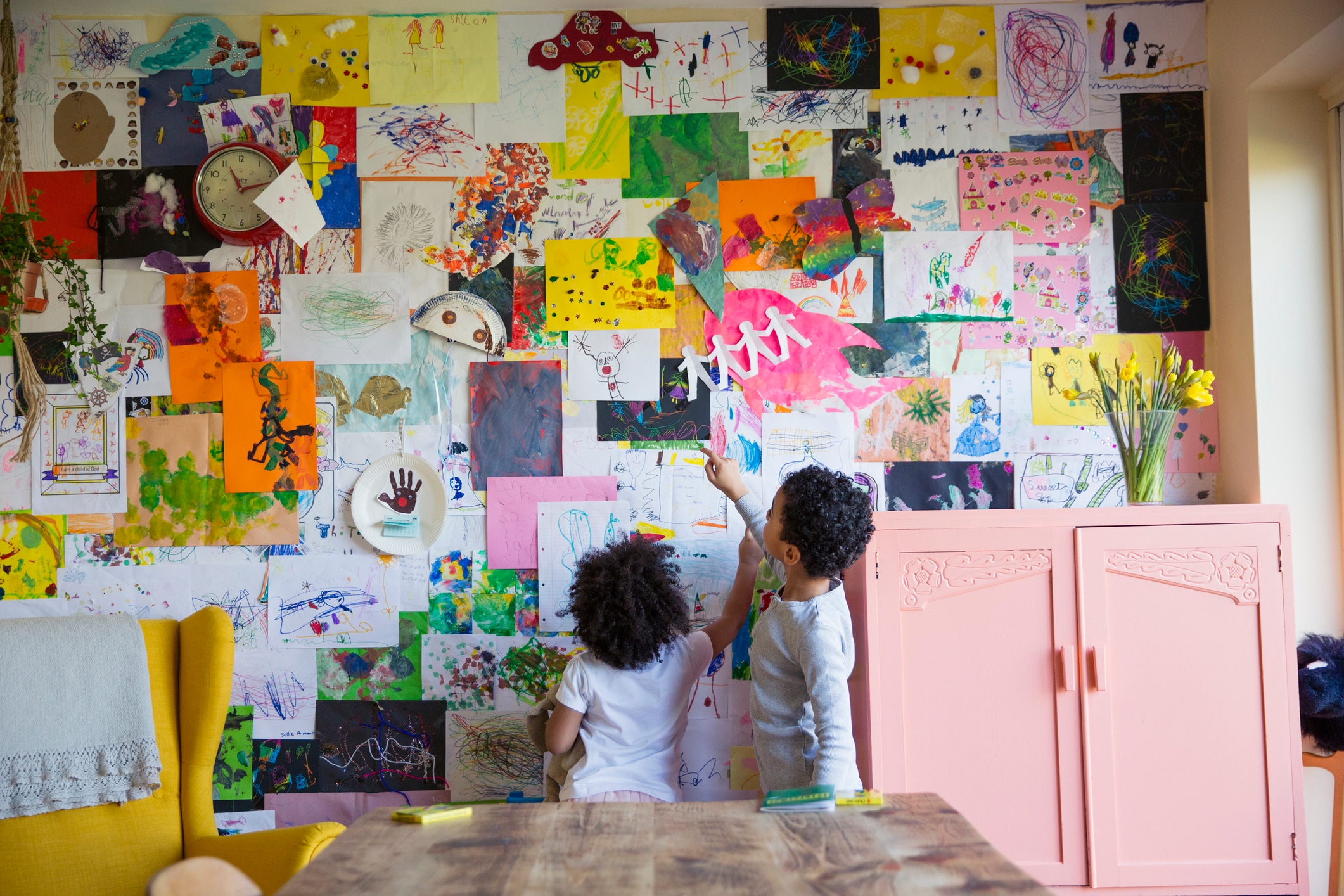One of the best anecdotes to surviving sleepless nights with a newborn? Being greeted by your baby’s very first gummy grins which can occur within the first few weeks. But typically when babies are 2 months old, they begin to flash a different kind of smile.
“This smile is intentional and conscious,” explains pediatric neuropsychologist Erica Kalkut who specializes in evaluating developmental stages in children from infancy through early adulthood as executive clinical director at LifeStance Health. “It is how your baby is learning to connect with you or in response to seeing or hearing you.”
Here, experts explain when you can expect to see your baby’s first “real” smiles, what they mean, plus fun ways to encourage your happy baby to keep grinning.
When do babies start smiling?
Babies initially smile as a reflex which usually happens while they sleep, explains Becca Wallace, child and adolescent psychologist with the Children’s Hospital New Orleans. Typically, babies start smiling socially, which some think of as “real” smiles, between 6-12 weeks, Wallace says. “This is usually due to recognition or something that makes them feel pleasure, which could be a sight, sound or physical sensation,” she says.
According to the American Academy of Pediatrics (AAP), parents can expect their pediatrician to ask about if their baby is smiling at the 2-month-old checkup because it’s an important part of their social and emotional development. “Because a baby’s smile gets such a predictable response from a parent, they start to feel confident that they can exert some control over their world,” says Dr. Christine Pagano, a pediatrician based in New Jersey. “The child’s self-esteem starts to grow, even at this young age.”
Join Care for free
Understanding physical vs. social developmental milestones in infants
“Physical milestones are those events such as rolling over or crawling that occur when the infant has the muscle coordination or strength to perform the tasks,” explains Michelle M. Kelly, a certified registered pediatric nurse practitioner and associate professor of nursing at Villanova University.
On the other hand, social milestones are those associated with interactions and emotions, including behaviors such as smiling, laughing and mimicking facial expressions, she says.
Between 6-12 weeks, both physical and social milestones occur which help us understand why this is the time babies start to smile. “The visual acuity of infants improves during this period to allow the infant to recognize caregivers’ faces,” Kelly says. “Emotional development also progresses during this stage. Positive reinforcement from the parent in the form of cuddling, smiling or comforting words and sounds teaches the infant that smiling is good.”
“Because a baby’s smile gets such a predictable response from a parent, they start to feel confident that they can exert some control over their world. The child’s self-esteem starts to grow, even at this young age.”
— Dr. Christine Pagano, a pediatrician based in New Jersey
How do I encourage my baby to smile?
“One of the most important things that families can do to support physical and emotional
development for infants is to be present and interact with their infants in a calm and
comforting manner,” Kelly says. “This includes talking, singing and reading to their infant.”
Here, experts share tips for interacting with infants and ways to encourage smiling:
Smile at your baby
“Babies learn through what they see and often start with certain facial expressions they see often,” Wallace says. “Smiling at babies, especially when they smile at you, helps reinforce that smiling is fun and socially good to do.”
React to what they are interested in
“As you get to know your baby, you will start to learn what kinds of things he or she enjoys as well as the things that he or she does not like,” Kalkut says. This includes things like different types of sounds, touches and facial expressions.
To encourage smiling, she recommends first paying attention to how your baby responds to stimuli around them. Watch where they tend to look and how they like to move to see where their interest naturally lies, then go from there to encourage smiles. For example, if your baby is tuned into your voice, try playing with different ways of talking or singing to your baby. If they tend to stay focused on your face, try changing your facial expressions.
Put down the phone
“Babies learn to seek out eye contact and want to see your face,” Kalkut says. “Many parents want to capture their interactions on video or through photos, but keep in mind that phones and cameras can be a distraction from your baby seeing and responding to you. Putting your phone down and really focusing on your baby can help those social smiles to shine!”
“Many parents want to capture their interactions on video or through photos, but keep in mind that phones and cameras can be a distraction from your baby seeing and responding to you. Putting your phone down and really focusing on your baby can help those social smiles to shine!”
— Erica Kalkut, a pediatric neuropsychologist
When should I worry about my baby not smiling?
If an infant is not smiling by 12 weeks of age, it is important to share this concern with your healthcare team, Kelly advises. “While infant development occurs during a range of times, failure to develop these skills within that time frame might suggest an impairment in either the infant’s hearing or vision,” she says.
Within this timeframe, however, experts emphasize that the exact timing for seeing your baby’s first smile varies between children, and that is perfectly normal.
“Much like we all have different strengths and weaknesses, babies too have differences in how they learn and develop,” Kalkut says. “They can meet one developmental milestone on the earlier end of the expected range, while they can be on the later end of another milestone.”
Babies also have different ways of responding to their environment, she notes. The kinds of stimuli that might cause one baby to smile in happiness — a light tickle, funny face or silly singing voice — might prompt another baby to wiggle their little body in bliss.
What comes after smiling for babies?
Smiling advances into the development of more fun new social skills. Oftentimes, your baby may start to coo that very same month, according to the American Academy of Pediatrics (AAP), and laughing typically begins around 4 months.
“After smiling, infants will begin to mimic sounds and begin cooing, giggling and other vocalizations,” Kelly says. “Language development begins early in infancy with recognizing caregivers’ voices, tone and expression. By 6 months of age, infants will recognize speech patterns and respond accordingly.”
The bottom line on smiling in newborns
A baby’s very first smile tends to be a reflex rather than a conscious behavior that occurs within the first few weeks. Between six to 2 weeks, babies begin smiling in response to something that makes them happy. These first “real” smiles are an important part of your baby’s social and emotional development which is why your pediatrician will likely ask about this developmental milestone during your 2-month check up.
“Developmental milestones are a series of events that occur in a generally predictable pattern,” Kelly explains. For both physical and social milestones, there is an age range when they tend to happen, however, all our experts agree that the exact timing of your baby’s first smile can vary.
“There are typical ages that children meet milestones, and it can be anxiety-provoking for a parent when they expect to see certain behaviors or responses that their child hasn’t done yet,” Kalkut says. “However, parents can be assured that there is a range of what is considered typical when it comes to developmental milestones.”





